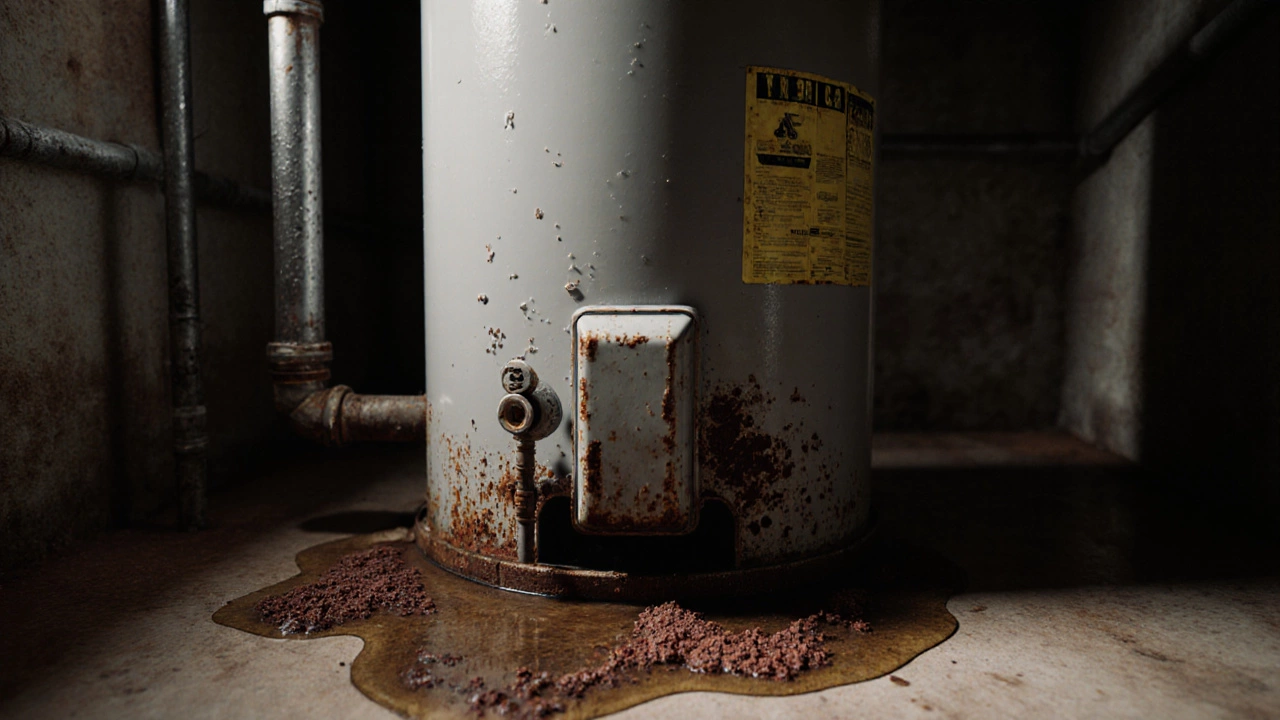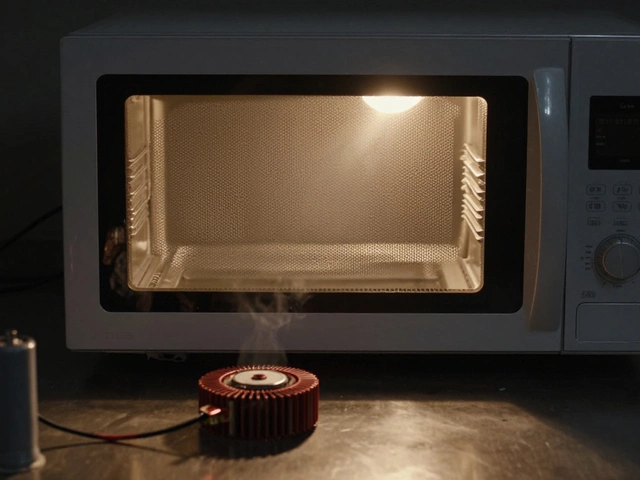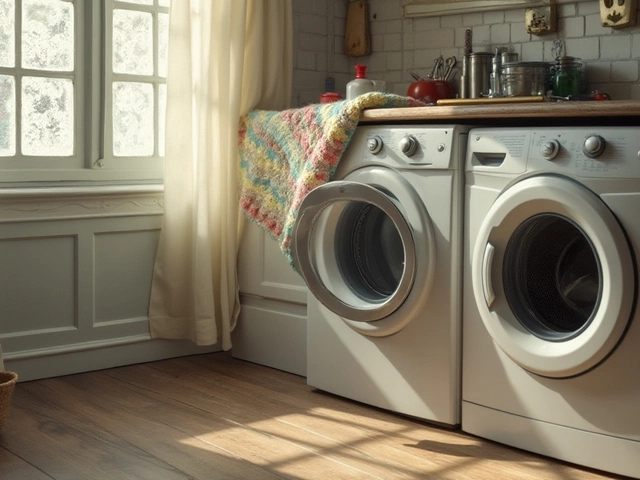What Is the Role of an Appliance Specialist?
November 24 2025Hot Water Heater Replacement: Costs, Signs, and When to Act
When your hot water heater, a system that heats and stores water for showers, sinks, and laundry. Also known as a water heater, it’s one of the most used but least noticed appliances in your home. stops working, you don’t just lose hot showers—you risk leaks, mold, or even a full breakdown. Most units last 8 to 12 years. If yours is older than that and starting to act up, replacement isn’t just an option—it’s a smart move. Many people wait too long, hoping a quick fix will do. But by the time you’re calling a pro for the third time in a year, you’re already spending more on repairs than a new unit would cost.
Not all water heaters are the same. If you’re in a home with a gas water heater, a unit that uses natural gas or propane to heat water, the replacement process is different than for electric models. Gas units need proper venting, gas line connections, and sometimes a permit. Electric ones are simpler to install but need a dedicated 240-volt circuit. And if your water is hard, limescale builds up fast—this kills heating elements and tanks. Regular flushing can delay replacement, but if you’re seeing rust-colored water or strange noises, that’s your tank talking. It’s done.
How long does a replacement take? On average, a pro can swap out a standard tank heater in 2 to 4 hours. If you’re switching to a tankless model, it’s a bigger job—maybe half a day. You’ll need to check your gas line size, electrical panel capacity, and venting setup. DIY is possible, but one wrong connection can mean no hot water, a gas leak, or worse. Most insurance policies won’t cover damage from amateur installs. That’s why certified gas engineers focus on safety first. They’ll test for leaks, check pressure, and make sure everything meets UK standards.
Costs vary. A basic 40-gallon gas water heater runs £600–£900 installed. Tankless units start around £1,800. But here’s what most people miss: the real savings come from efficiency. Newer models use 20–30% less energy. That means lower bills every month. And if your old heater was leaking, you’ve already paid for that water—twice over. Replacing it isn’t an expense. It’s a payback plan.
You’ll find posts here that break down exactly how long replacements take, what the hidden costs are, and how to tell if your heater is on its last legs. Some guide you through DIY checks. Others show you when to walk away from repair and just replace it. We’ve got real cost breakdowns, common failure signs, and tips to avoid being upsold. No marketing fluff. Just what you need to decide—before you’re standing in a cold shower wondering what went wrong.
 20 Nov
20 Nov
How Do You Know When a Hot Water Heater Needs to Be Replaced?
Learn the 7 clear signs your hot water heater needs replacing-rust, leaks, strange noises, and more. Save money and avoid floods by knowing when to upgrade before it fails.
Read More...



